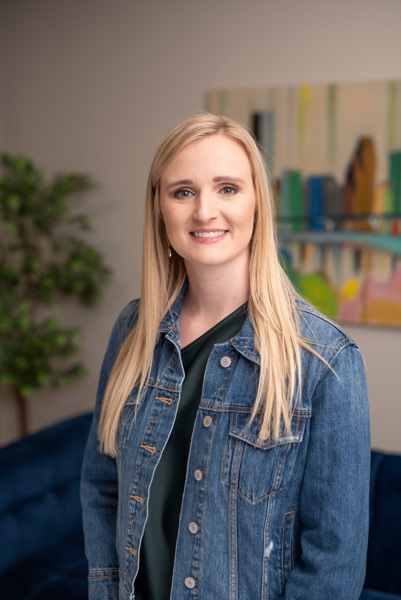
As a therapist, I’ve had experience with the “winter blues,” or as clinicians call it, Seasonal Affective Disorder (SAD). Seasonal depression is a condition that affects a significant number of people during the colder months. The good news is that there are effective coping mechanisms and treatment options available to help people cope with SAD. Here are some tips to consider in the months ahead.
- Understand SAD: The first step in managing SAD is to understand it. SAD is a type of depression that typically occurs during the fall and winter months when daylight hours are shorter. It’s thought to be linked to a lack of natural sunlight, which can disrupt your body’s internal clock and affect the balance of certain chemicals in your brain. By recognizing that your symptoms are linked to a seasonal pattern, you can start to address them more effectively.
- Light Therapy:
- Natural Sunlight Exposure: Whenever possible, spend more time outdoors during daylight hours, especially in the morning. Exposure to natural sunlight can be a powerful substitute for artificial light therapy. Even on cloudy or overcast days, the natural light can be beneficial.
- Increase Indoor Light: Make your indoor environment brighter by opening curtains, blinds, and drapes during the day. Use full-spectrum light bulbs in your home to mimic natural light. This can help regulate your circadian rhythm and improve your mood.
- Dawn Simulators: Dawn simulators are devices that gradually increase the intensity of light in your bedroom, simulating a natural sunrise. They can help you wake up more gently and improve your mood in the morning.
- Vitamin D and Nutrition: During the winter months, it can be more challenging to get enough vitamin D from sunlight. Consider taking a vitamin D supplement under the guidance of your doctor. Diet is important too – fruits, vegetables, and whole grains can also help improve your mood. Nutrient-rich foods can provide essential vitamins and minerals that support mental health.
- Stay Active: Exercise is a powerful tool for managing SAD. Regular physical activity releases endorphins, which are natural mood boosters. Even a short walk in natural light can make a significant difference. Find an activity you enjoy, whether it’s yoga, dancing, or a winter sport, and make it a part of your routine.
- Set Realistic Goals: When you’re dealing with SAD, it’s essential to set realistic goals and expectations for yourself. Understand that your energy and motivation may be lower during the winter months, and that’s okay. Prioritize self-care, and don’t be too hard on yourself for not accomplishing as much as you might during other times of the year.
- Social Support: Maintain your social connections. Spend time with loved ones, whether it’s sharing a meal, watching a movie, or simply catching up over the phone. Social support is a powerful protective factor against depression and can help you feel less isolated during the winter months.
- Mindfulness and Relaxation Techniques: Mindfulness practices, such as meditation and deep breathing, can help alleviate symptoms of SAD. These techniques can reduce stress and improve your overall sense of well-being. Consider integrating mindfulness into your daily routine to help manage your symptoms effectively.
- Seek Professional Help: If your symptoms of SAD are severe, persist for an extended period, or significantly interfere with your daily life, it’s crucial to seek professional help. Therapists can offer a range of treatments tailored to your specific needs.
- Plan for Spring: Remember that winter is temporary. As you work through SAD, it can be helpful to plan for spring and summer activities that you enjoy. Anticipating the change in seasons can give you something to look forward to and keep your spirits up.
SAD can be a challenging condition to manage. It’s important to recognize that you’re not alone in your struggle, and there are many resources available. If you do need additional help, the therapists at OCA can provide the support you need. Whether you’re looking for assistance with Seasonal Affective Disorder (SAD) or any other mental health concern, we’re always ready to lend a hand.
For more information, visit https://oakscounselingassociates.com/ and request an appointment at your convenience.
This blog was written by Chelsea Koutroulis, M.Ed., LPC-Associate, CST-Candidate.
Koutroulis is supervised by Megan Pollock, MS, LPC-S, CST.




